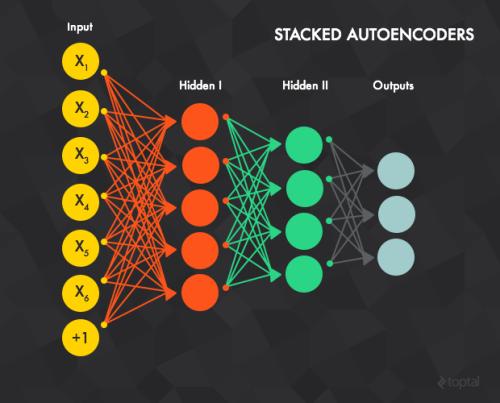Probabilistic time-series models become popular in the forecasting field as they help to make optimal decisions under uncertainty. Despite the growing interest, a lack of thorough analysis hinders choosing what is worth applying for the desired task. In this paper, we analyze the performance of three prominent probabilistic time-series models for sales forecasting. To remove the role of random chance in architecture's performance, we make two experimental principles; 1) Large-scale dataset with various cross-validation sets. 2) A standardized training and hyperparameter selection. The experimental results show that a simple Multi-layer Perceptron and Linear Regression outperform the probabilistic models on RMSE without any feature engineering. Overall, the probabilistic models fail to achieve better performance on point estimation, such as RMSE and MAPE, than comparably simple baselines. We analyze and discuss the performances of probabilistic time-series models.
翻译:预测领域的概率时间序列模型随着有助于在不确定情况下作出最佳决定而成为流行的预测领域。尽管人们日益感兴趣,但缺乏透彻的分析阻碍了选择值得申请什么来完成预期任务。在本文中,我们分析了三种突出的概率时间序列模型的销售预测性能。为了消除建筑性能随机机率的作用,我们制定了两个实验原则;1) 具有各种交叉校准的大型数据集。2) 标准化培训和超参数选择。实验结果显示,简单的多层感应器和线性反射在没有任何特征工程的情况下,优于RMSE的概率模型。总体而言,概率模型在点估值方面没有取得更好的性能,例如RMSE和MAPE,而不是比较简单的基线。我们分析和讨论概率性时间序列模型的性能。


